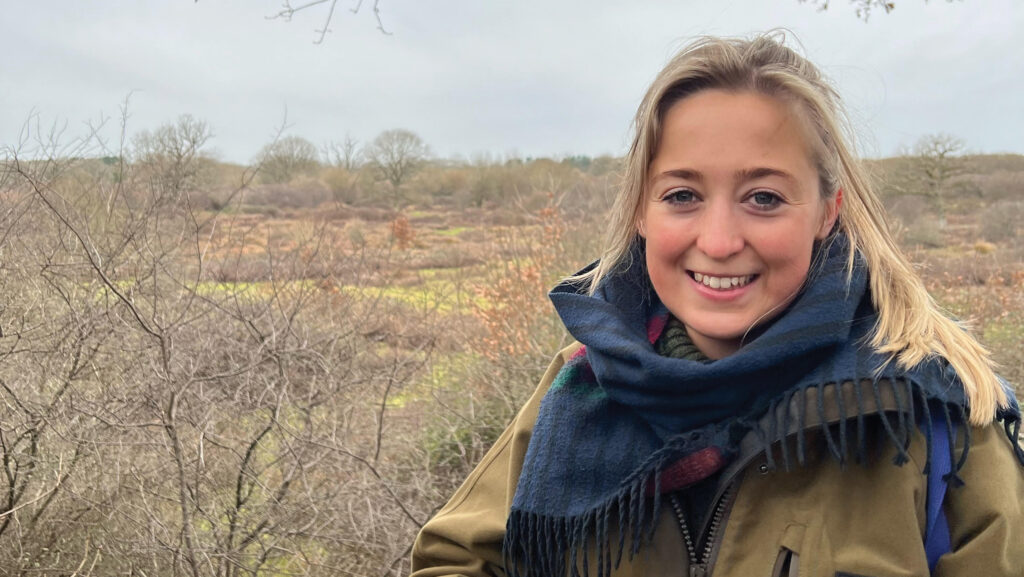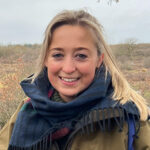Olivia Rohll: It’s important to engage with Land Use Framework
 © Olivia Rohll
© Olivia Rohll The Labour government launched its “national conversation” on land use in England on 31 January, inviting stakeholders to give their views on the type and scale of land use change needed to deliver on food production, housing and climate resilience.
Notable in the government’s rhetoric on the Land Use Framework are the themes of economic growth and food security – language presumably calculated to pacify farmers, given the rocky start to Starmer’s agricultural relations.
See also: Olivia Rohll – ag college prepares next gen for changing industry
While I am glad to see farmers being set up to play a powerful role in the debate, I am fearful that another key stakeholder will ultimately take a backseat in what follows – nature.
We need nature: for pollination, for carbon sequestration, for clean air and water, and for flood prevention, among many other services.
But the research now shows quite clearly that isolated pockets of trees, or a wildlife pond here and there, simply will not do.
It is large, connected areas of land alone that sustain true biodiversity, and give rise to the dynamic ecosystems we desperately need.
Suggestions of land sparing (or enhanced land sharing) understandably trigger strong emotions.
No one wants to be told what to do on their land, or suddenly find they are part of a “nature first” zone, subject to additional red tape and bureaucracy.
And yet, the uncomfortable fact remains – some farmland would deliver more if dedicated to nature, both in terms of those hard-to-value ecosystem services and pure economic output, considering new opportunities for leisure and tourism.
If we are to have any chance of turning the tide on England’s biodiversity loss, we need to be able to debate these issues honestly.
This means dispensing with arguments which play on people’s fears, and being realistic about the opportunities to combine nature and farming and where the bulk of our calories come from.
As consultations on the Land Use Framework progress in the coming months, I implore those of you that have the privilege to manage land to hold this in mind, to engage in good faith, and to think deeply about the duty of care and stewardship you hold so dear.


